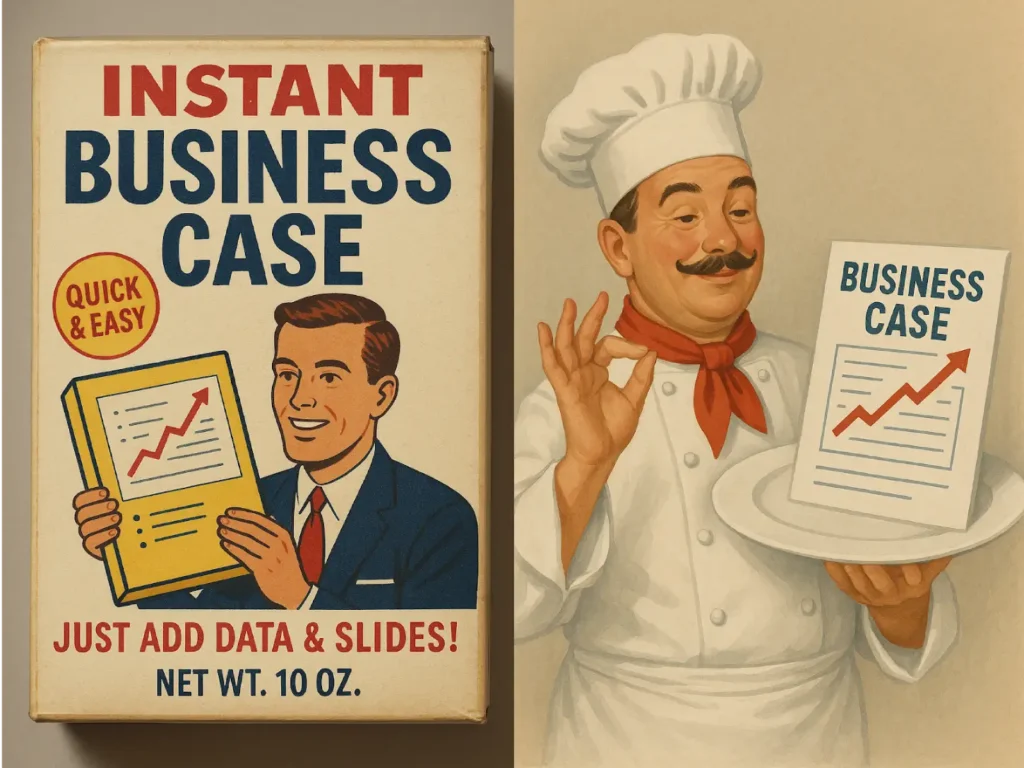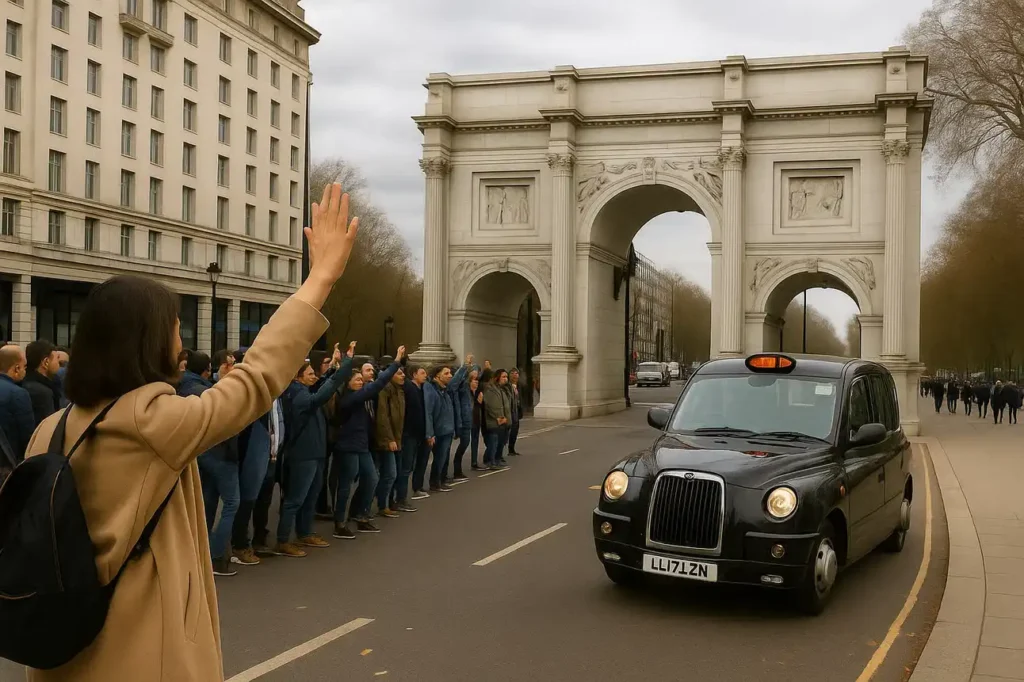I’m in London at the moment. Perhaps, surprisingly, the most interesting conversation I’ve had was with a black cab driver.
15 years ago this black cab driver would drive past Marble Arch and there would be 30+ people trying to hail a cab. Now, he’s lucky to find one.
Everyone is now on their phones. Even black cabs are now hailed from smartphone apps.
Uber changed societal expectations for ride hailing.
This got me thinking: How is ChatGPT changing societal expectations for “white collar” work?
In 15 years, we will have AI applications that can conjure up documents within seconds – without the manual searching, curation and synthesizing that is typically necessary.
Everything from business cases for large investments to forms (of every flavor) will be instantly created.
But just because we now have instant cake doesn’t mean every cake is delicious. The same is true for these instantly created documents.
The person or brand that has verified the conjured document is important.
We now live in a world of both mass-produced cake mixes and gourmet chefs.
Food brands have built a reputation on providing customers with easy-to-use cake mixes made with consistently high-quality ingredients, with little variation between each batch.
In our work at PreScouter, we see the same qualities in mass-produced AI documents – from insurance claims to product descriptions. Not every single document produced by AI can be verified by a human, but statistical sampling and continual improvements mean a brand can ensure these mass-produced documents are to a high standard.
Meanwhile, gourmet chefs make cakes at prices several orders of magnitude greater than that of cake mixes. For special occasions, the personalized attention of these chefs is considered well worth the investment, though these chefs are often using blenders, ovens and other automations similar to that of the cake made from a cake mix.
Similarly, there will always be documents for which a deep expert that combs through the output with a “fine tooth comb” is warranted, even if AI is used for brainstorming ideas or a first draft. We see this in projects that lead to big decisions.
This future of knowledge work – one that consists both of mass produced documents and gourmet documents – is fast approaching us.

The cab driver I spoke with said he had boycotted many of the ride hailing apps as a way of defending the status quo. Making an income, though, was a struggle.
That all changed when he quit the boycott and enrolled on the apps. He is now quite happy with his earnings.
Many companies are feeling squeezed, which in turn is increasing pressure on knowledge workers to “do more with less”. However, I’ve found there is still a wide-ranging spectrum in understanding what is possible with Generative AI technology.
The slow adoption of Gen AI in enterprises is less a boycott and more a struggle.
In my book, Do More With Less: The AI Playbook, (a summary of which is available here) I tried to provide busy, non-technical executives with an “IKEA manual” for getting started with Generative AI.
I’m now thinking about spreading the ideas via different mediums – perhaps webinars, live and on-demand, and podcasts. How do you like to consume content? If you’d like to chat about any of this, or trade experiences with Gen AI, I’ve made a few slots on the calendar available for us to chat here:
